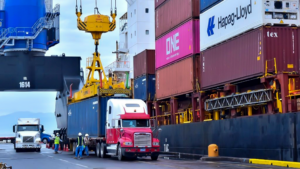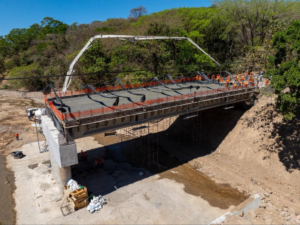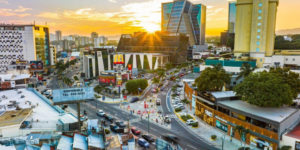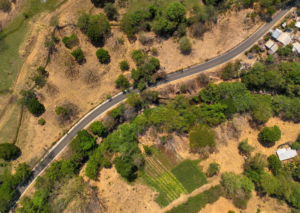In the fertile lands of western El Salvador, small producers are making a key shift in the national agricultural economy by abandoning monoculture and adopting mixed production systems. This transformation, driven by the need to adapt to a volatile climate and economic environment, is allowing farms like Don Jaco’s—a vegetable producer in Ahuachapán—to become leaders in local agricultural innovation.

The new production strategy consists of combining traditional crops, such as tomatoes and bell peppers, with newer offerings such as cucumbers and güisquil. This diversification not only improves food security but also strengthens the economic stability of rural families by expanding market options and reducing the risks associated with dependence on a single product.

One of the catalysts for this change has been the Central de Abasto, a marketing platform that facilitates direct contact between farmers and consumers. Thanks to this model, producers have managed to improve their profit margins, reduce post-harvest losses, and escape the control of intermediaries who have historically limited their income. According to estimates by the Ministerio de Agricultura y Ganadería (MAG), up to 30% of agricultural production is lost due to a lack of efficient channels; initiatives like this one seek to reverse this trend.
The change, however, has not been easy. Many farmers face structural obstacles such as limited access to financing, high-cost inputs, and scarce technical assistance. Despite this, a new dynamism is evident in the countryside: empirical knowledge, combined with strategic land use and better market intelligence, is driving more resilient and profitable agriculture.

From an economic perspective, diversification also contributes to reducing dependence on imports and strengthening local value chains. In a country where more than 70% of basic food consumption depends on domestic production, these transformations represent an opportunity to consolidate a more competitive and sustainable rural development model aligned with new consumer demands.
As Don Jaco summarizes: “We’re still here, planting differently. Not because we want to be modern, but because that is how we must survive. But it also fills us with pride to see that our products reach further and that people value them”. In that spirit, the salvadoran countryside is moving forward, demonstrating that local innovation is not only possible but necessary to ensure the future of agriculture and the national economy.







